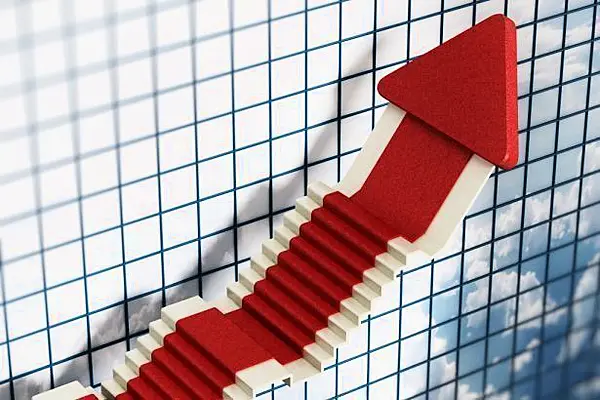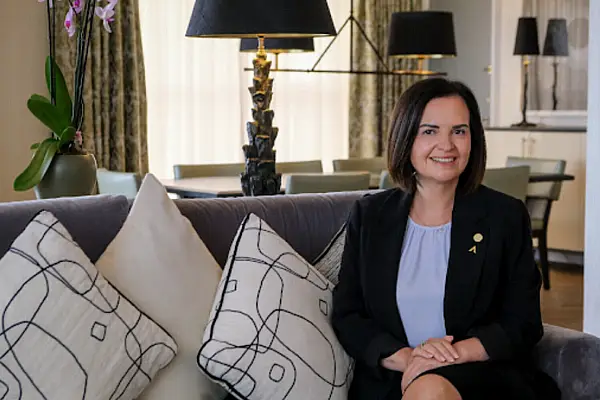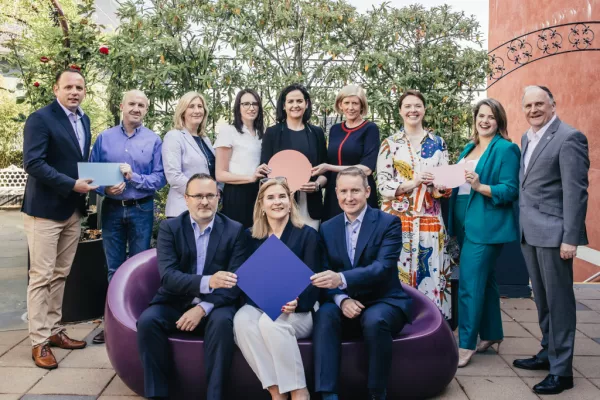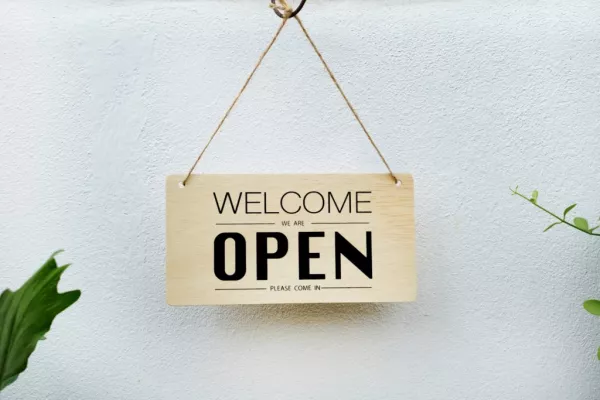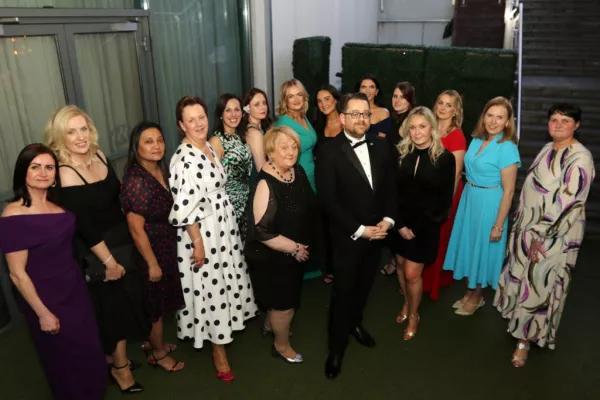In response to the decision to raise the VAT rate for the hospitality and tourism sector to 13.5% announced during Budget 2019, Irish Hotels Federation (IHF) president Michael Lennon has said the increase is a serious jolt to the tourism industry in Ireland and represents a reckless failure to recognise its economic potential and importance, particularly to rural Ireland. Lennon urged the Minister Paschal Donohoe to defer the increase until there is clarity over Brexit and to allow existing contracts for group bookings to be completed as prices are already agreed.
Lennon stated, “Ireland will now have a higher tourism VAT rate than 26 countries in Europe with which we compete. We are already a very high cost economy by international standards, so it is astonishing that the government is now imposing additional taxes on tourists and making our country less attractive as a destination.
“Have no doubt, this increase will hurt tourism across the country, but businesses outside of Dublin will be hit the hardest. Regional businesses will bear the brunt, as about €300 million of the €466 million in additional taxes will be taken from the rural economy, which has been slower to recover from the economic crisis. This is a devastating blow for the many tourism businesses that struggle to break even or stay open outside the peak season.”
Brexit Uncertainty
Lennon added that the industry is already facing enormous difficulties due to the uncertainty around Brexit and weakened Sterling, saying, “UK tour operators, for example, represent up to 30% of the business for many hotels in Dublin and across the country. This business is highly competitive, with Irish hoteliers competing internationally. Margins are slim and vulnerable to any price fluctuation. With bookings made up to two years in advance, prices in many cases are already contracted, meaning hoteliers will have no choice but to pick up the cost of this VAT increase. For some, it may wipe out their margin altogether.”
Employment Statistics
Commenting on jobs generated by tourism, Lennon said, “Today the tourism industry supports over 235,000 jobs in every county and town, over 70% of which are outside Dublin, generating over €2 billion in taxes for the exchequer each year. It is deeply disappointing and frustrating that despite the strong response of the tourism industry to the 9% activation measure, it’s economic contribution and potential is no longer of importance to government policy.”
Lennon proceeded to call for an immediate introduction of a Tourism Satellite Account within the Central Statistics Office (CSO) to provide a full analysis of the economic activity in the tourism industry and how much it contributes to each county throughout the country.
RAI Opinion
Chief Executive of the Restaurants Association of Ireland (RAI) chief executive Adrian Cummins also criticised the decision to increase the hospitality sector's VAT rate, asserting, “This was the incorrect decision by the government and had little economic intelligence behind the decision to increase the VAT, as did the report by the Department in July which didn’t take consideration of Brexit or revenue generated by overseas tourists to Ireland. VAT at 13.5% reduces Irish tourism’s competitiveness, resulting in less appeal to overseas visitors and, most worryingly, impacts the value for money offering which discourages people to spend their money in Ireland on Irish goods and services. With Brexit on the horizon and the as yet unknown implications it may have on our sector, this decision has put the Irish restaurant industry in jeopardy. This was an election Budget paid for by the Restaurant and Tourism Industry.”
Alcohol Excise Tax
Meanwhile, the Drinks Industry Group of Ireland (DIGI) has criticised the lack of reduction of Ireland alcohol excise tax, with a spokesperson for the group saying, “DIGI is disappointed by the government’s decision not to reduce excise tax on alcohol while simultaneously increasing the VAT rate to 13.5%. Ireland’s excise tax rate remains the second highest in Europe; broken down by category, we have the highest tax on wine, the second highest on beer, and the third highest on spirits.
“The drinks and hospitality sector is among the most exposed to Brexit and as a result of [Budget 2019], the industry and consumers are now facing more costs rather than less. While it is encouraging to see that the government are Brexit proofing certain sectors, Budget 2019 has failed to extend this to an industry that employs over 250,000 in the drinks and tourism sector and exports almost €300 million to the UK annually.
“With the Brexit deadline looming and a hard Brexit looking increasingly likely, we are facing an uncertain economic period. Now is the time to introduce measures to stimulate the economy rather than increasing costs on consumers. DIGI will continue campaigning for a reduction in alcohol excise tax in 2019.”
The NOffLA Response
The National Off-Licence Association (NOffLA) has also criticised the government’s decision not to decrease excise duty on alcohol, with the association's government affairs director saying, “Ireland’s punitive excise rates mean that NOffLA members are being locked out of the economic recovery by the government, given as much as 50% of the cost of a bottle of wine is excise & VAT. 81% of surveyed off-licence retailers in Ireland believe that a 15% reduction in excise on alcohol would mitigate against the likely impacts of Brexit, and boost employment and salaries in our trade.
“NOffLA members are under serious threat due to cross-border trade following on from the 15% reduction in the value of sterling since the Brexit referendum in 2016, and there is now a 25% difference in the cost of alcohol between Ireland and the UK.
“Since 2008 some 3,000 jobs – 34% of the sector – have been lost, and 554 off-licences have closed. NOffLA members across Ireland continue to face significant commercial challenges due to our excise regime and will now be exposed to unprecedented cross-border trade should the pound sterling continue to depreciate throughout Brexit negotiations.”
© 2018 Hospitality Ireland – your source for the latest industry news. Article by Dave Simpson. Click subscribe to sign up for the Hospitality Ireland print edition.
